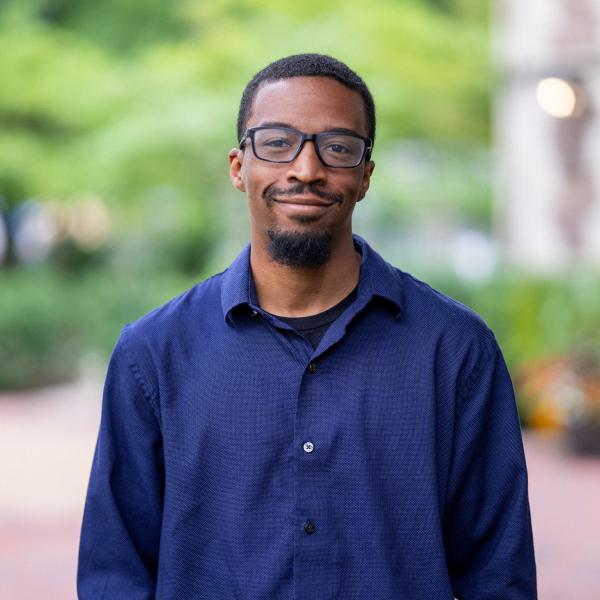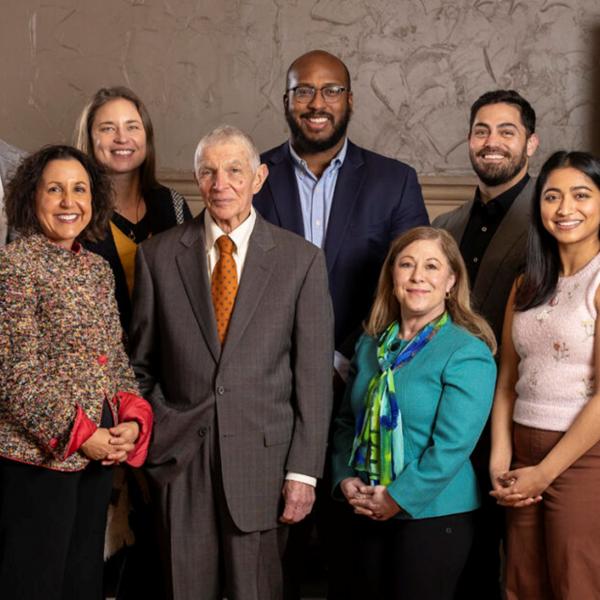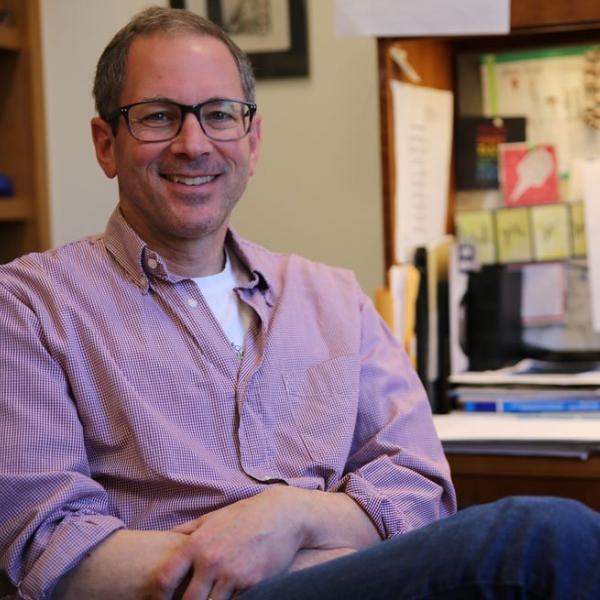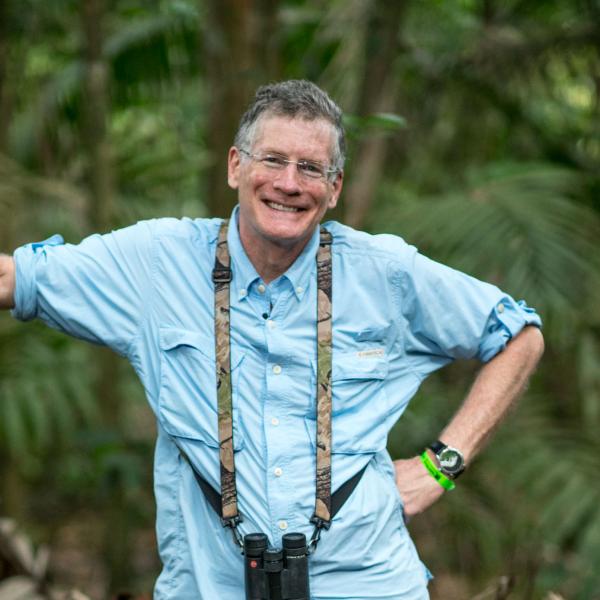Arts & Sciences researchers recently won grants and honors from the National Science Foundation, the National Institutes of Health, and the Association for Psychological Science.
The National Institutes of Health has awarded $2,778,931 to two faculty members in the Department of Psychological & Brain Sciences. Tammy English and Renee Thompson, associate professors and co-principal investigators, will investigate emotional development in aging, using the grant for their research on neural and motivational mechanisms of age-related change in emotion regulation. Read more in the Source.
Four Washington University juniors have received the Barry Goldwater Scholarship, a prestigious award that honors students who conduct research in the natural sciences, mathematics, and engineering. The winners in Arts & Sciences are Sabrina Hu, who is studying chemistry and history; Ephraim Oyetunji, who is studying biology on the neuroscience track; and Madhav Subramanian, who is studying biology. Read more from the Source.
The Society for Research in Psychopathology has awarded its Joseph Zubin Lifetime Achievement Award to Deanna Barch, chair and professor of psychological and brain sciences in Arts & Sciences as well as the Gregory B. Couch Professor of Psychiatry and professor of radiology at the School of Medicine. The award recognizes Barch's lifetime contributions to the understanding of psychopathology. Barch also recently received a $753,181 grant from the National Institutes of Health to support research on understanding healthy neurodevelopment throughout childhood and young adulthood. Read more about Barch's work in the Source.
Laura Escobar Vega, assistant professor in the Department of Mathematics and Statistics, won a Faculty Early Career Development Program (CAREER) Award from the National Science Foundation (NSF) for her project “Combinatorial Algebraic Geometry: Flag Varieties, Toric Geometry, and Applications.” The prestigious NSF CAREER program supports junior faculty who model the role of teacher-scholar through outstanding research, excellent education, and the integration of education and research. Read more about Escobar's project in the Ampersand.
Kristin Van Engen, assistant professor of psychological and brain sciences and of linguistics, received a $433,242 National Science Foundation grant to support research into why some speakers are more difficult to understand than others and how listeners adjust to unfamiliar accents. Read more from the Source.
Joan Strassmann, the Charles Rebstock Professor of Biology, and David Queller, the Spencer T. Olin Professor of Biology, received a $141,578 supplemental award from the National Science Foundation for their project on kith and kin in amoeba-bacteria cooperation.
David Strait, professor in the Department of Anthropology, and Yeganeh Sekhavati, a graduate student in biological anthropology, won a $26,037 grant from the National Science Foundation to support doctoral dissertation research on the evolution of early hominin locomotor anatomy.
Bhupal Dev, assistant professor in the Department of Physics, won a $20,000 grant from the Universities Research Association (URA) Visiting Scholars Program to support his project titled “Probing New Neutrino Interactions at DUNE.” The Visiting Scholars Program helps support visits by researchers from URA member institutions to work at Fermi National Accelerator Laboratory (Fermilab) in Batavia, Il. Read more about Dev's work with mysterious neutrinos in the Ampersand.
Ryan Bogdan, associate professor of psychological and brain sciences, and Tammy English, associate professor of psychological and brain sciences, have been selected as 2022 Association for Psychological Science (APS) Fellows. APS awards fellow status to members who have made “sustained outstanding contributions” to the science of psychology.
Lorenzo Andreoli, a postdoctoral research associate in physics, has been selected for the Universities Research Association's Visiting Scholars Program. An $11,503 grant will support Andreoli's collaboration on implementations of nuclear response functions in the GENIE event generator at Fermi National Accelerator Laboratory (Fermilab). Read more from the Department of Physics.
Did we miss something? Contact Shawn Ballard, communications specialist in Arts & Sciences.




